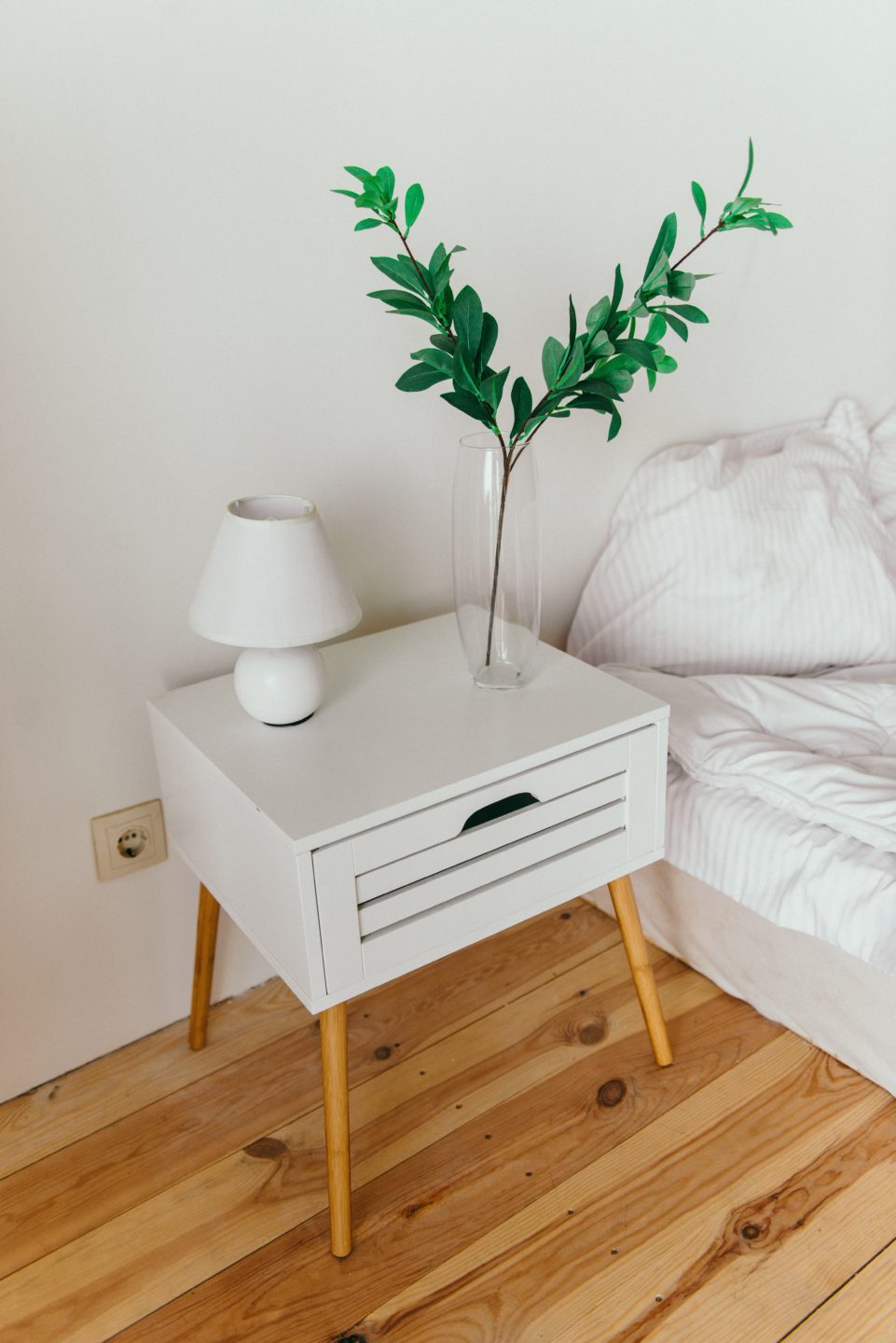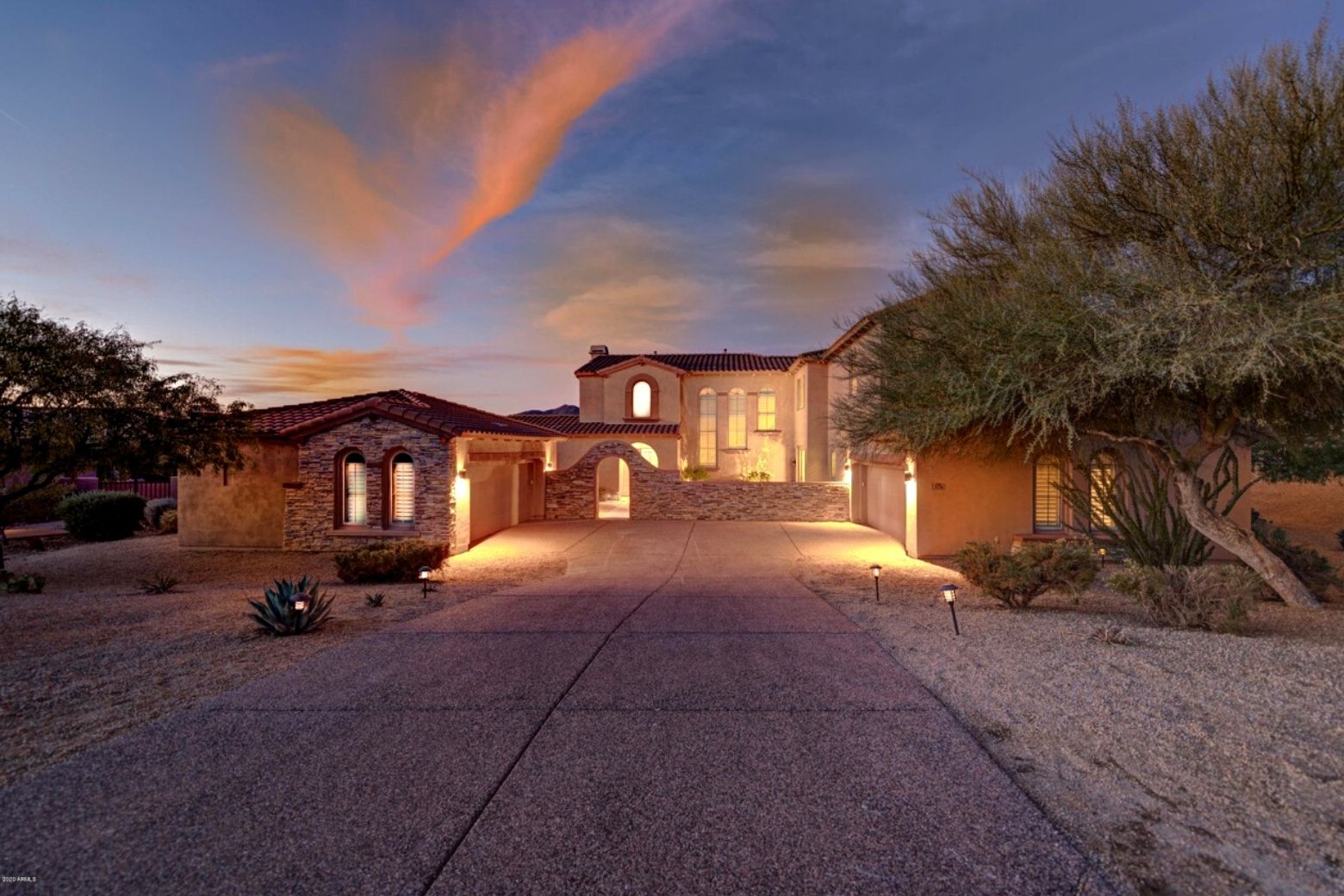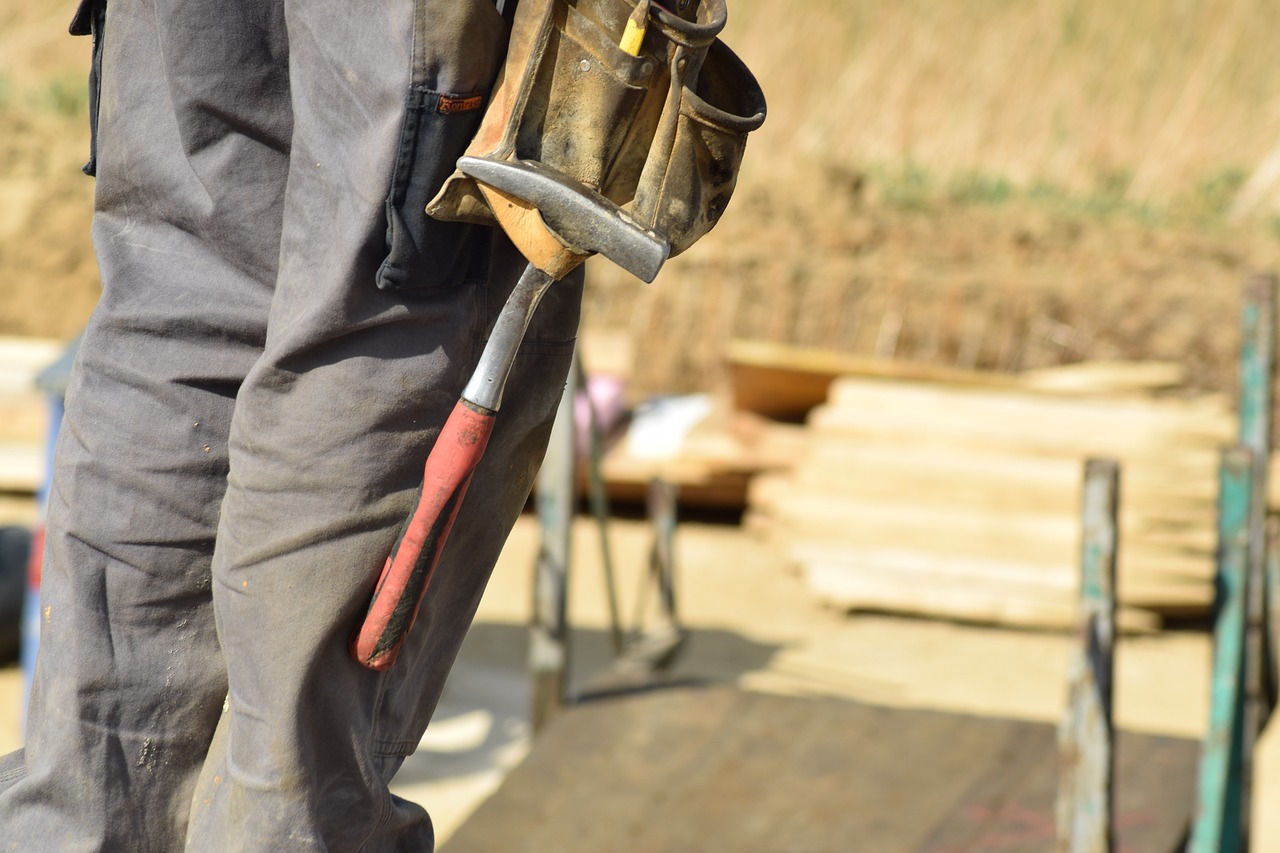The Skilled Labor Shortage
A Guide to Choosing the Right Flooring
“Should I install wood or laminate flooring?” If you’ve asked yourself this question, you’re not alone. Many homeowners, including those preparing to put their homes on the market, wonder about the pros and cons of laminate vs hardwood flooring. After all, the one you decide on can have a significant impact on your home’s decor — and your wallet…
To help you choose between the two materials, we’ve laid out the advantages and disadvantages of both.
What’s the difference between laminate and hardwood?
Hardwood flooring is made from natural wood like oak, maple or cherry. The highest quality hardwood planks are solid pieces of wood. Another option is engineered hardwood, which is made up of several layers of plywood topped with a hardwood veneer.
Both natural and engineered hardwood come in a variety of colors, styles, and wood grain patterns. Versatility is one reason why wood flooring has been so consistently popular over the years.
What about laminate? Many people mistake it for vinyl flooring, which can look similar and is also a synthetic material. But vinyl is made out of layers of fiberglass, PVC, and plasticizer. Laminate, on the other hand, is made up of layers of particleboard, an image layer that can mimic hardwood, stone or other materials, and a transparent protective layer over the top.
Laminate vs Hardwood: how do the pros and cons stack up?
| Laminate flooring | Hardwood flooring |
| PROS | PROS |
| More affordable | Wider appeal |
| Easy installation | Longer lifespan |
| Lots of style options | High quality |
| Easy to maintain | Increases resale value |
| Resistant to scratching & moisture | Easy to repair when damaged |
| CONS | CONS |
| Shorter lifespan | More expensive |
| Difficult to repair | Requires professional installation |
| Wood grain can look inauthentic | Susceptible to moisture & scratching |
The pros and cons of laminate vs hardwood flooring
As with any type of flooring — for example, vinyl, carpet or tile — wood and laminate floors have their advantages and disadvantages. Let’s take a closer look.
Cost
It’s no surprise that laminate is the cheaper of the two options. Installation included, its cost is usually between $2-8 per square foot (with some thicker, designer options ranging from $12-14).
How much more expensive is hardwood than laminate? Depending on the type of wood you choose, you can expect to pay anywhere from $12-20 per square foot. Of course, higher-end styles come with a higher price tag.
To put this in perspective, take a decent-sized living room for example. While it’d cost you $3,600-6,000 for 300 square feet of hardwood, it would only cost $600-2,400 for the same amount of laminate flooring. So, if upfront costs are the only concern, laminate flooring may be a better choice.
Ease of Installation
When it comes to the installation of these two materials, is there a clear winner in the laminate vs hardwood debate? There is indeed!
Hardwood, while many consider it to be worth the cost, is more challenging to install than laminate. It requires:
- An even, wood subfloor
- Perfectly-sized planks
- Specialized tools to fasten planks in place
- A sufficient gap around the floor’s perimeter to allow the wood to expand and contract naturally
Not to mention that, if your wood is unfinished, it would need to be professionally sanded and finished after installation.
Installing hardwood is not a job for a DIYer. But installing a laminate floor can be since the planks simply click together at the edges without the need for glue or nails. There are some requirements though, including a circular saw, the skill to cut the planks down to size, and a thin layer of foam underlayment.

Looks
It’s not hard to see why hardwood is such a popular, timeless choice for flooring. The many colors and unique grains of natural wood create a high-end feel that’s attractive to homeowners and home buyers for homes of all sizes and price points. But can laminate compete?
While older and lower-quality laminate doesn’t look very realistic, high-quality, modern, laminate wood flooring can mimic real wood very closely. It can be textured to resemble the look of actual wood. And the grains can also look more natural and less uniform thanks to random repeat patterns in the image layer.
While hardwood flooring will always win in the looks category, some laminate may be an option for cash-strapped homeowners.
Maintenance
Both types of flooring are easy to care for on a day-to-day basis. There’s no need to apply polish or wax to either. All you’ll need to do is sweep regularly, clean up any spills immediately, and damp mop your floors periodically to keep them in good shape.
With hardwood floors specifically, you may want to use rugs, runners, and mats for an added layer of protection in high-traffic areas of your home.
Durability and lifespan
Durability is an important factor and one that can influence your decision when it comes to laminate vs hardwood. As far as durability goes, laminate can hold its own. It’s stain-resistant and, although it’s not waterproof, it is water-resistant. However, there are some disadvantages of laminate flooring.
- It’s easy to chip
- It can develop gaps between the planks or start lifting around the edges if installed properly, which is a risk if you DIY
- It will swell and buckle quickly as a result of water damage
- It’s difficult to repair
Well-maintained laminate lasts 10-20 years . This pales in comparison to the lifespan of solid hardwood floors, which can last 50-100 years, and engineered hardwood floors, which can last between 20-80 years.
It’s true that hardwood can:
- Be scratched and stained
- Sustain water damage
- Be expensive to repair or replace
However, hardwood floors last longer because they can be sanded and refinished 3-4 times before full replacement becomes necessary. They’re also easier to clean than you may be aware. With the exception of major damage such as flooding, they can last a lifetime, which is a large part of their appeal.
Resale Value
A lot of home improvements occur immediately before and immediately after a home sale. If you’re selling soon, then resale value is incredibly important. Even if you aren’t selling soon, resale value may still be on your mind, considering flooring can last for decades.

While quality laminate will be more attractive to buyers than dingy carpets or damaged hardwood, it doesn’t traditionally add to resale value. But with more and more buyers embracing LVT and LVP, that trend is changing. After all, it is an inexpensive, synthetic material that doesn’t look as good as hardwood and has a shorter lifespan.
If you want to increase the sale price of your house and maximize your net profit from the sale, hardwood flooring is generally the smarter choice.
Which flooring is right for you?
Should you go with laminate, solid hardwood or engineered wood flooring? There’s no one-size-fits-all answer. If you’re looking for a relatively inexpensive option that you can install yourself (if you’re the handy type), laminate floors may be a good option.
Or if you’re looking for something that will impress, last, and boost your home’s resale value and appeal, hardwood is a clear winner. But, of course, the two we’ve been talking about aren’t the only types of flooring out there. You may also want to consider vinyl plank flooring, carpet or tile.
When it comes to choosing a flooring type for a home you’ll live in, your preferences matter most. If you’re thinking about selling soon or just want to factor resale value into your decision, just know that each market is different. For example, flooring preferences in the southwest can vary dramatically from preferences in the Northeast.
Your Realtor® is a great resource for better understanding which flooring will be best for resale. And when it comes time to sell, they can partner with Curbio to provide you with home improvements to get your listing market-ready. Our Curbio Project Manager will see to every detail of any home improvements needed to get your home ready to sell, saving you time and stress.
Getting ready to sell and need some updates to prep for the market? Ask your Realtor® to request a free, no-obligation estimate from Curbio today!


